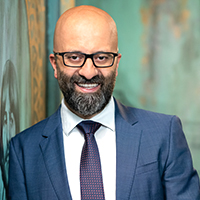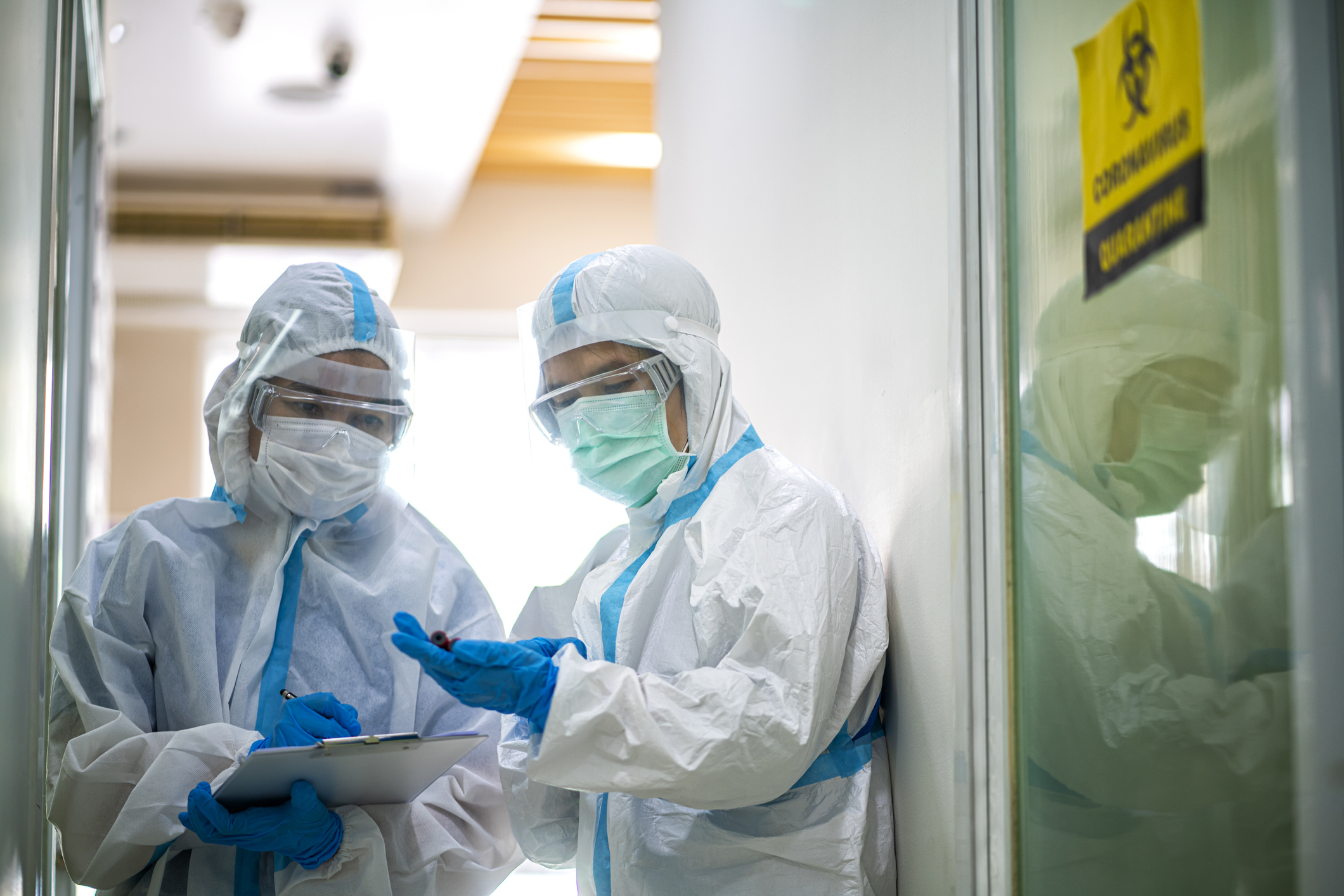There are a number of critical innovations in technology set to enable medical practitioners to make more informed decisions and assist patients in having a better clinical experience.
Speaking at the Medical Fair Asia in December 2020, Clinic to Cloud CEO Rafic Habib discussed three key innovative tools that he sees ashttps://elements.envato.com/technology-K4V8DP6 vital to shaping the future of healthcare for the better: ‘smarter workflows’, ‘interoperability and connectivity’ and ‘artificial intelligence’.
Smarter workflows and the future of healthcare
At the core of a medical practice you have the patient, the provider who treats the patient and you have your administrative staff - and every team member’s workflows are unique.
These workflows are also different for every specialty. With some specialties a patient directly visits a doctor to get treatment or a prescription, while others you may visit multiple health professionals like a dietician, nurse or physiotherapist to obtain their treatment.
Multidisciplinary practices are on the rise, so we’re now seeing more amalgamation of different specialties working together. This means having sophisticated workflows that can be customised for your practice's needs is very important. On top of this, there is the addition of clinical decision support and automation which creates a ‘well-oiled machine’ for the patient's experience.
Experienced clinical staff should have the right technology, systems and tools to know where the patient is in their health journey.
These streamlined workflows are particularly critical to effectively running medium to larger practices or multi location practices. As an example, some of the practices Clinic to Cloud services are based across the whole country - so they require those kinds of intuitive, highly connected workflows.
Artificial intelligence, predictive analytics and clinical outcomes
In terms of artificial intelligence assisting the healthcare industry, it won't take doctors jobs but instead, assist them with more accurate diagnostic outcomes. AI will continue it’s critical role in assisting clinical decision support, which will play a significant role in terms of augmenting the medical practice for the better.
As an example, if somebody comes in to see a doctor and they are diagnosed with diabetes, then there are a number of things that an endocrinologist must do in order to practically look after that patient.
However, often there's just not enough bandwidth to do all those things at scale and under significant time pressures. This where AI and Robotic Process Automation (RPA) could play a significant role in saving time and improving accuracy in healthcare. Masses of data can be crunched by AI and new insights will be gleaned.
Interoperability, connectivity and ‘integrated’ health technology
Interoperability means practices can share information with each other easily without the need of going through several applications. This will be pivotal for the future of healthcare as patients will want an efficient, thorough and personalised experience.
The lack of interoperability between systems means healthcare providers often cannot exchange information effectively, which contributes to disjointed care, adverse events, inefficiencies and poor-quality data, the report highlights.
We live in a world where we need to have more application-level interfaces like Clinic to Cloud, more automation from robotics, and more technology to provide that level of connectivity. Only then can we achieve the level of heightened communication we need across the sector. From specialist to specialist, family physician to specialist, or GP specialist to hospital.
In the short term, in order to ‘remove the fax machine’ once and for all, we have to get smarter with technology that enables secure emailing and sharing health information in a secure environment, to allow for that heightened communication required to reduce risk and improve patient outcomes in today’s high pressure clinical environment.
For more information on Clinic to Cloud and how it can transform your practice click here or contact us today.



